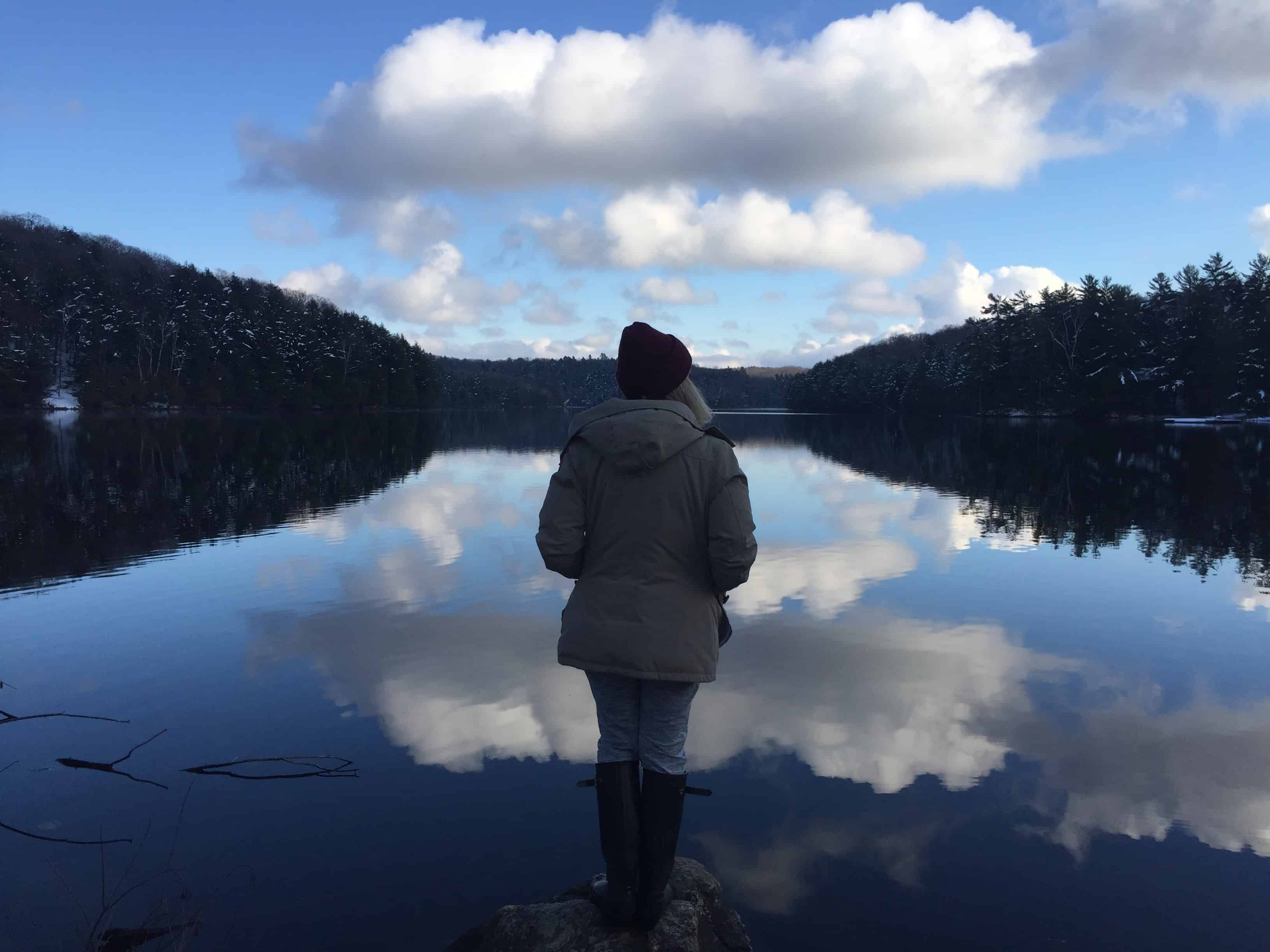If you live in a rural or remote area of Canada, dealing with sexual assault and intimate partner violence comes with specific challenges. First of all, women and girls in these communities may face additional obstacles to accessing help: social isolation, longer travel times to services, transportation difficulties, areas where most people know each other.
Since the Canadian Women’s Foundation prioritizes funding to communities where the needs are greatest and the barriers are highest, we are thrilled to have secured additional funding to better serve women and girls in these communities. In June 2019, Women and Gender Equality Canada (WAGE) committed to matching up to $10 million in funds raised by the Foundation over 5 years. As we continue to raise money, this funding partnership gives us the opportunity to double our impact!
How the $10 million will make a difference to women and girls
The new funds will advance gender equality initiatives in rural, remote, and Northern areas, as well as fuel initiatives to address emerging issues affecting women all over Canada. The goal of this project, called Time for 5, is to better address both gender-based violence and women’s economic security, in line with the UN Sustainable Development Goal Five.
Along with preventing GBV, advancing women’s financial stability is key to advancing gender equality. In fact, these issues are intertwined: Women who can’t access dependable work may not be able to leave abusive partners. And women who are dealing with the trauma of past abuse or violence may not be able to follow traditional training programs that aren’t tailored to their needs.
Through the Time for 5 project, the Foundation can increase the proportion of programs it funds in remote and rural areas, and make it easier for organizations in these communities to meet funding criteria. The funding will help to support the development of the Foundation’s Northern Strategy: a new model for programs that will build the capacity of grassroots organizations.
5 Priorities for programs
This funding also provides the resources for hiring a staff member based in the North to implement a granting strategy in collaboration with Tides Canada, another non-profit focused on social change. This granting strategy will prioritize:
- Holistic programming that recognizes the interrelationship of healthy communities, sustainable livelihoods, and environmental integrity;
- Empowering women and girls, particularly those who are Indigenous, with leadership skills;
- Catalyzing and sustaining community-driven initiatives;
- Experimentation and proving of new models; and
- Amplifying and accelerating impact through shared learning among community partners
An investment in long-term systemic change
Along with increasing supports to women and girls, Time for 5 aims to build the strength of local service providers to do their work and address systemic change. These organizations are already struggling to cover large geographic distances and support women who can’t come to central hubs for services. In some small communities, there is resistance to increasing education about sex and consent, indicating a need to raise awareness about this as a preventative factor when it comes to GBV. In remote and rural areas, there are also challenges like population and economic decline, which may make it harder for service providers to access the resources and funding they need.
Small organizations in these communities do not have capacity to focus on long-term plans that address overall gaps in services. As a national organization, the Foundation can help to address the bigger picture, as well as provide opportunities for community knowledge-sharing and collaboration that will fill these gaps.
Thanks to the WAGE funding partnership, the Foundation can devote long-term, sustainable funding to accelerate progress on gender equality that includes ALL women and girls.







